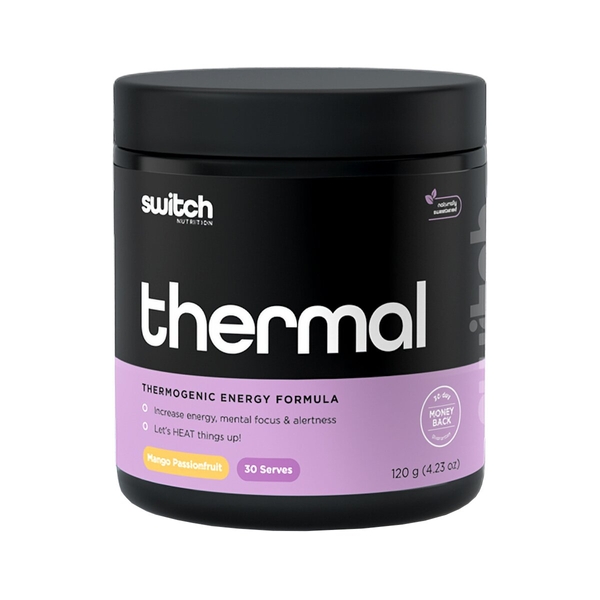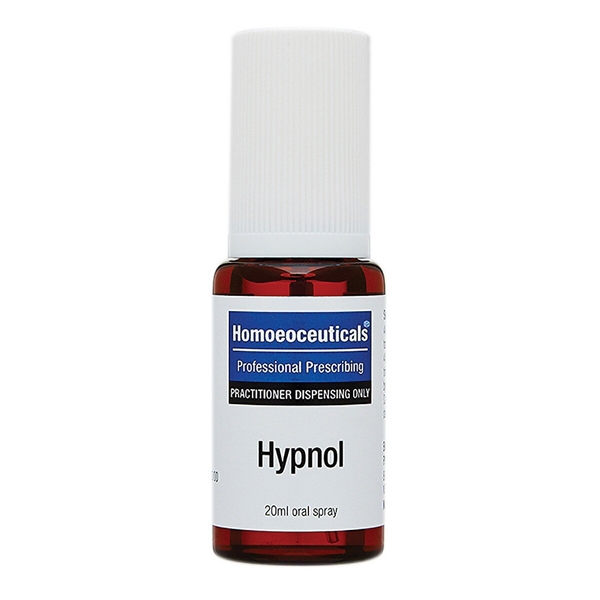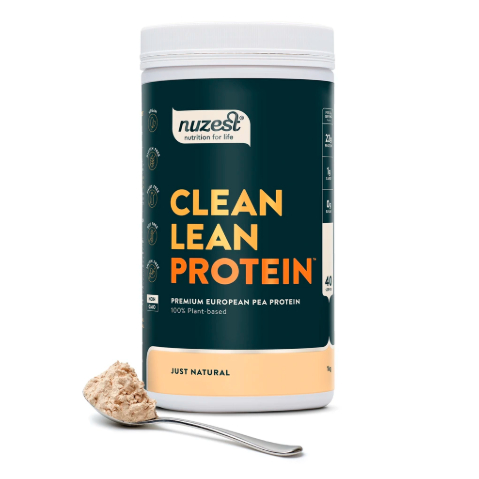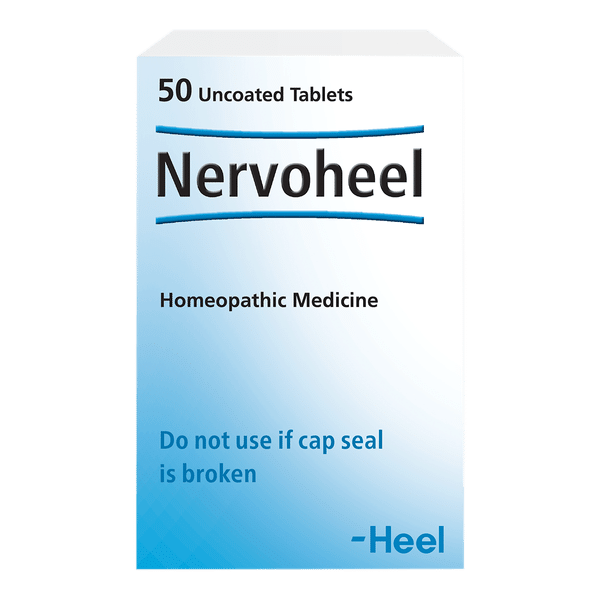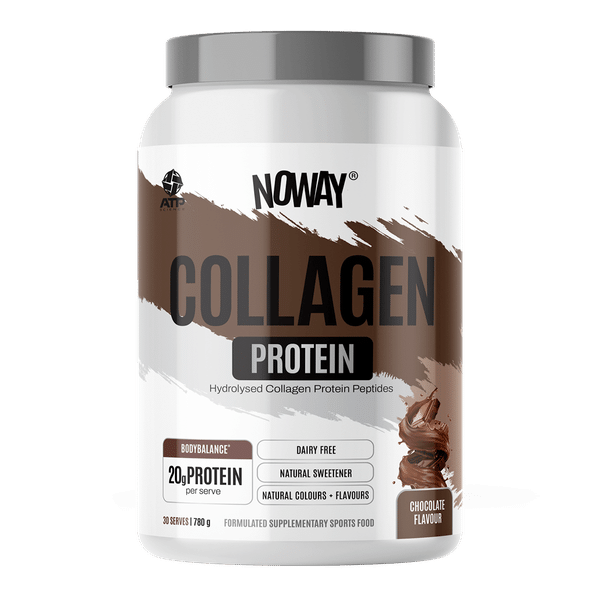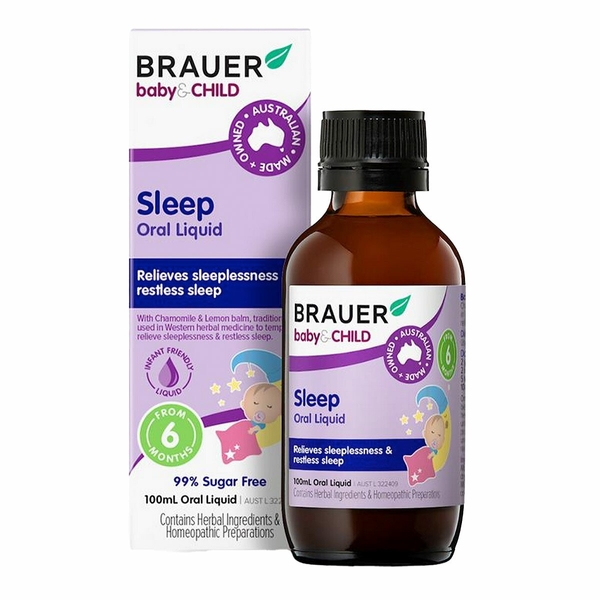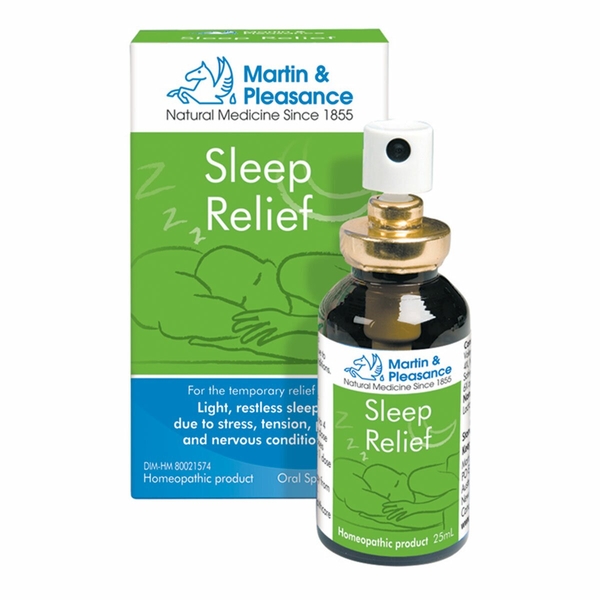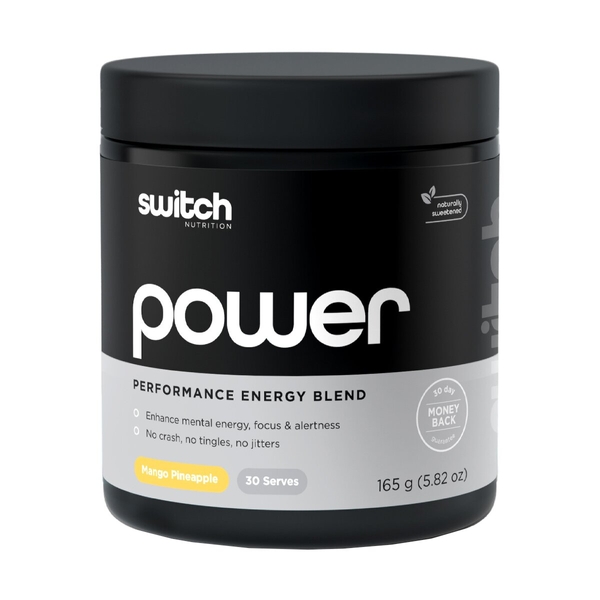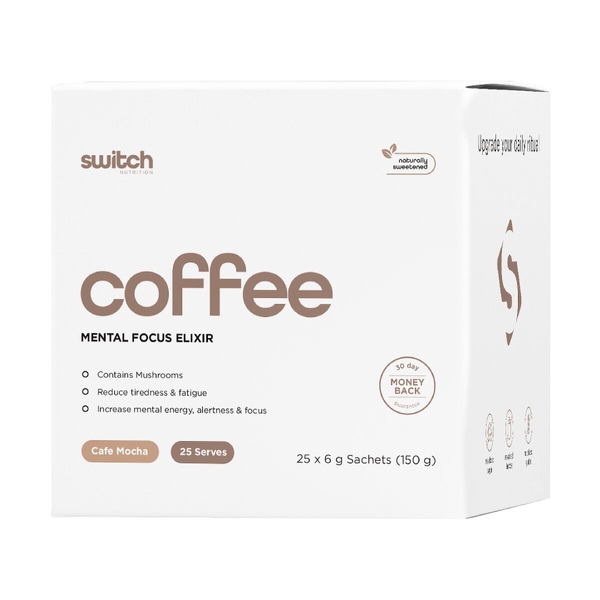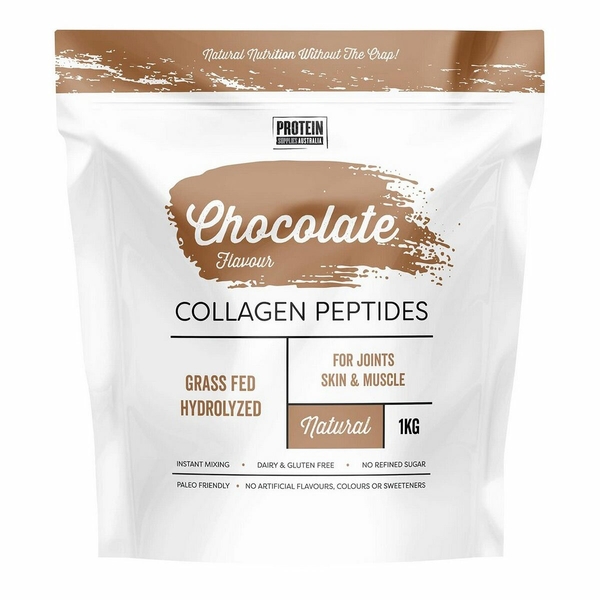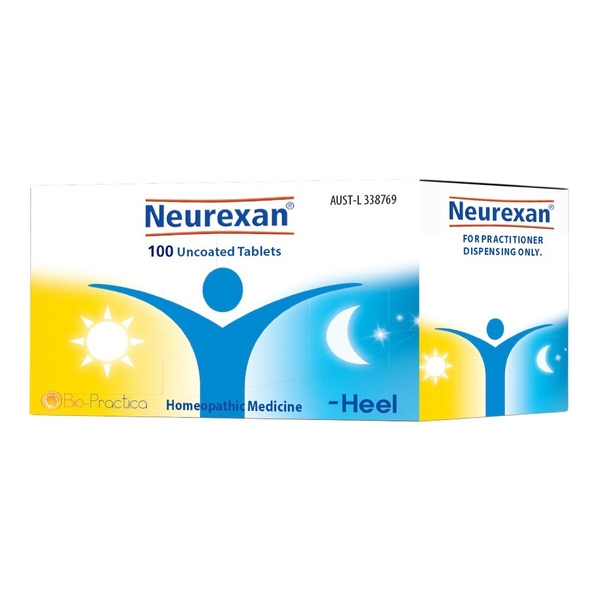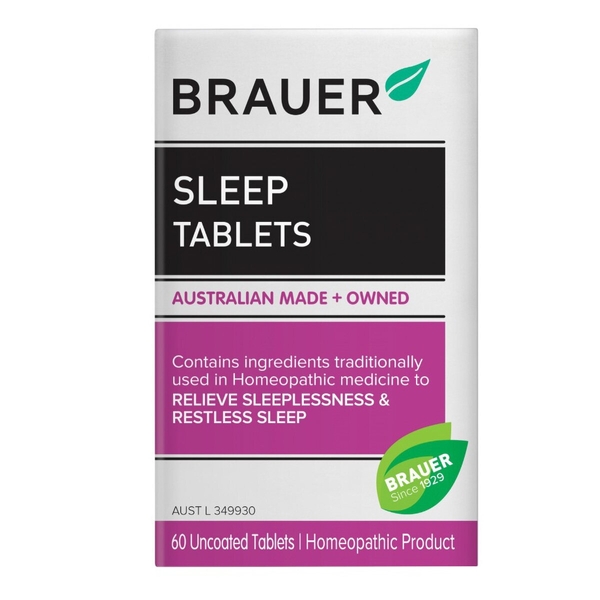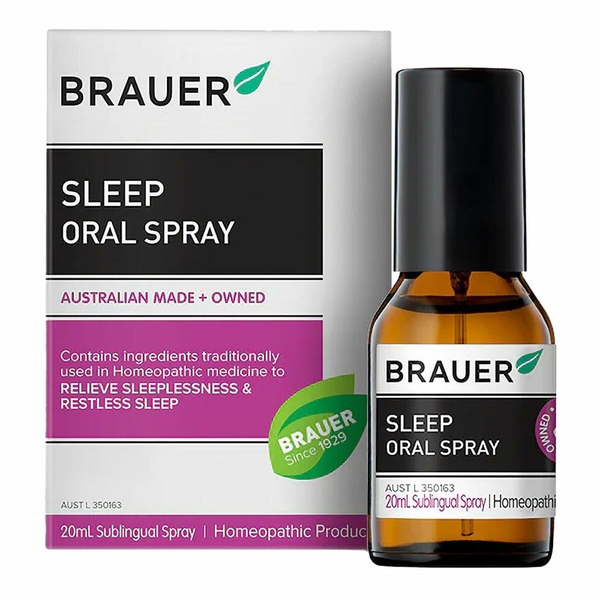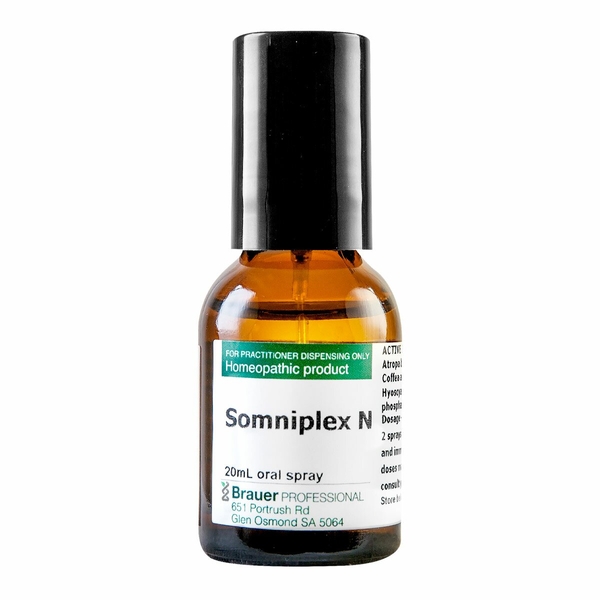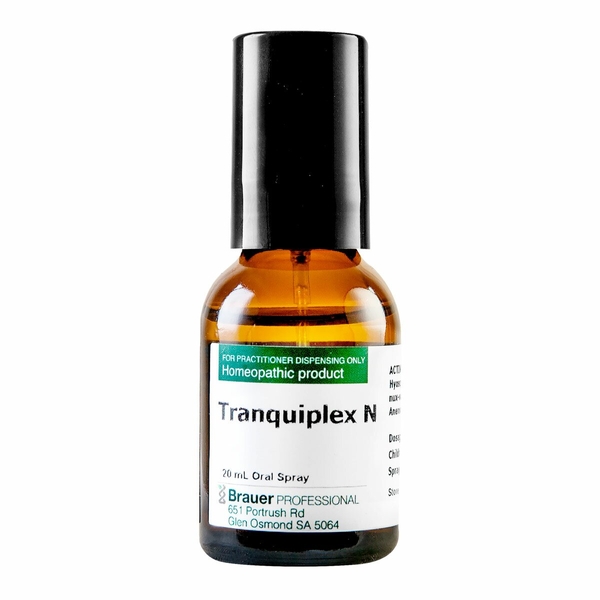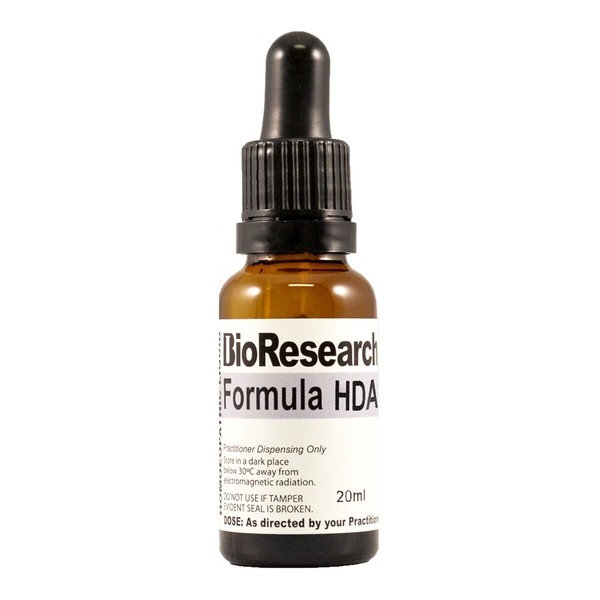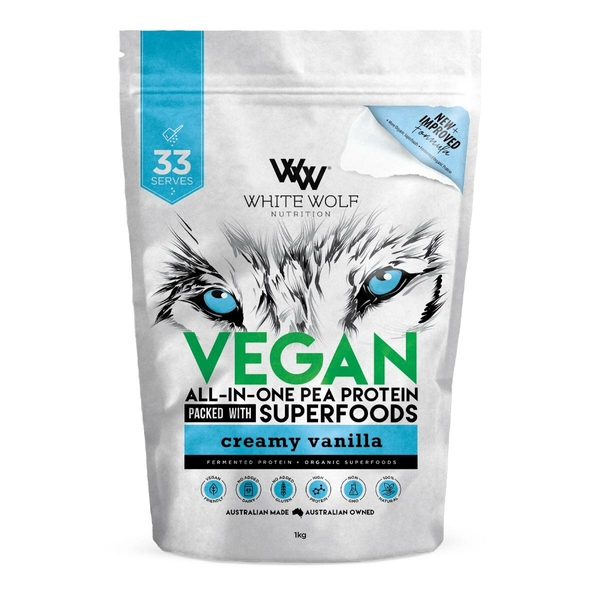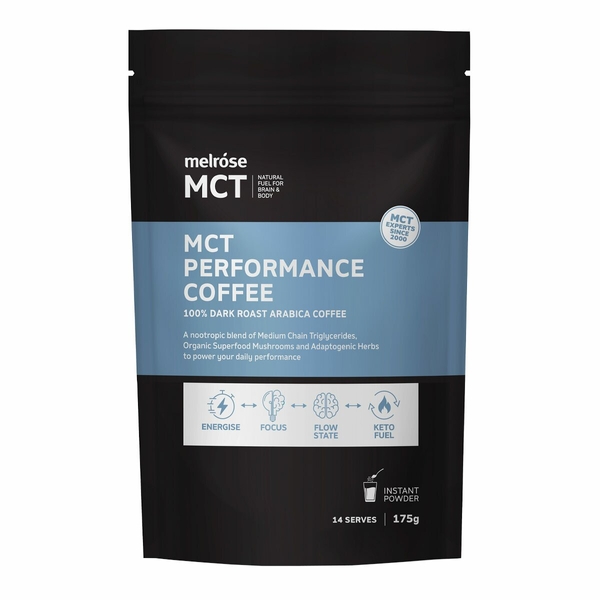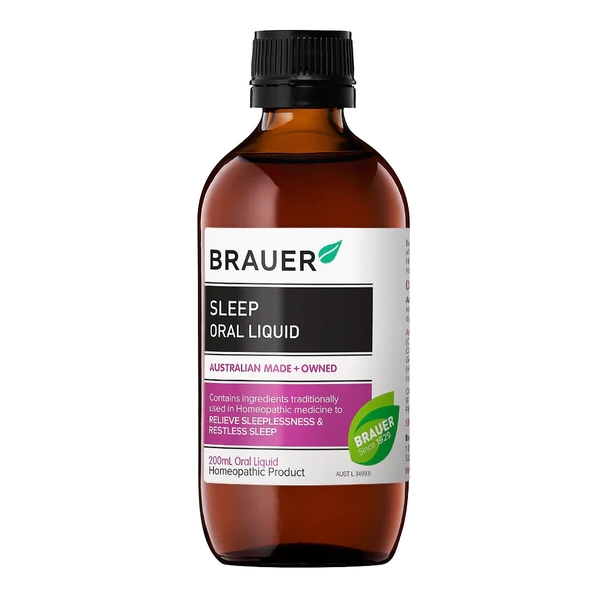
Background
The caffeine in coffee works by stimulating the central nervous system (CNS), heart, and muscles. Chlorogenic acid might affect blood vessels and how the body handles blood sugar and metabolism.
People most commonly drink coffee to increase mental alertness. Coffee is also used for diabetes, cancer, heart disease, high blood pressure, dementia, and many other conditions, but there is no good scientific evidence to support most of these uses.
Don't confuse coffee with other caffeine sources, such as green coffee, black tea, and green tea. These are not the same.
Safety Safety definitions
Drinking more than 4 cups of coffee daily is possibly unsafe. Drinking large amounts might cause side effects due to the caffeine content. These side effects can range from mild to serious and include headache and irregular heartbeat.
When given as an enema (rectally): Coffee is possibly unsafe. Coffee enemas have been linked to cases of severe side effects, including death.
Special Precautions & Warnings:
Pregnancy: Drinking moderate amounts of coffee during pregnancy is possibly safe. Do not drink more than 3 cups of coffee daily. This provides about 300 mg of caffeine. Consuming more than this during pregnancy is possibly unsafe and has been linked to an increased risk of miscarriage, increased risk of sudden infant death syndrome (SIDS), and other negative effects, including symptoms of caffeine withdrawal in newborns and a lower birth weight.Breast-feeding: Drinking 1-2 cups of coffee daily while breast-feeding is possibly safe. But drinking larger amounts is possibly unsafe. The caffeine in coffee is passed into breastmilk. It might cause irritability and increased bowel movements in nursing infants.
Children: Caffeinated coffee is possibly safe in children when consumed in the normal amounts found in food and beverages.
Anxiety disorders: The caffeine in coffee might make anxiety worse.
Bipolar disorder: The caffeine in coffee might make symptoms of mania worse.
Bleeding disorders: The caffeine in coffee might slow blood clotting and make bleeding disorders worse.
Heart disease: Drinking coffee on a daily basis doesn't seem to increase the risk for serious complications from heart disease. But people who smoke and have heart disease might have an increased risk of dying from heart disease if they consume coffee daily.
Diabetes: The caffeine in coffee might affect blood sugar. Use coffee with caution if you have diabetes.
Diarrhea: The caffeine in coffee, especially when taken in large amounts, can worsen diarrhea.
Seizures: Coffee contains caffeine. People with epilepsy should avoid using caffeine in high doses. Low doses of caffeine should be used cautiously.
Glaucoma: Drinking caffeinated coffee increases pressure inside the eye. The increase starts within 30 minutes and lasts for at least 90 minutes. If you have glaucoma, drink coffee with caution.
High blood pressure: Drinking caffeinated coffee might increase blood pressure in people with high blood pressure. But this doesn't seem to occur in people who drink caffeinated products regularly.
Irritable bowel syndrome (IBS): Coffee contains caffeine. The caffeine in coffee, especially when taken in large amounts, may worsen diarrhea and other symptoms of IBS.
Loss of bladder control: Coffee contains caffeine. Caffeine can make bladder control worse by increasing frequency of urination and the urge to urinate.
Smoking: People who smoke and drink coffee might have an increased risk of dying from heart disease or cancer.
Thinning bones (osteoporosis): Drinking caffeinated coffee can increase the amount of calcium that is flushed out in the urine. This might weaken bones. If you have osteoporosis, don't drink more than 3 cups of coffee daily. If you are generally healthy and get enough calcium from your food or supplements, drinking about 4 cups of coffee daily doesn't seem to increase the risk of getting osteoporosis.
Effectiveness
- Mental alertness. Drinking caffeinated coffee throughout the day seems to increase alertness and thinking skills. Caffeine can also improve alertness after sleep deprivation. Even one cup of caffeinated coffee can reduce fatigue and increase alertness.
- Diabetes. People who drink more coffee seem to have a lower risk of developing type 2 diabetes. The risk lowers more with each cup that's consumed. People with type 2 diabetes who drink more coffee might also have a slightly lower risk of dying.
- Heart failure. Drinking caffeinated coffee seems to reduce the long-term risk of heart failure in people who do not have heart disease.
- Death from any cause. Drinking coffee every day is linked to a slightly lower risk of dying from any cause or from heart disease. It's unclear if drinking coffee is linked with a lower risk of death from cancer.
- Parkinson disease. Drinking caffeinated coffee seems to reduce the risk of developing Parkinson disease. The risk lowers more with each cup that's consumed in males, but not in females. Coffee doesn't seem to help prevent Parkinson disease in people who smoke cigarettes.
- Ability to open bowels and pass stool (poop) following surgery. Drinking coffee might speed up the first stool after certain gut surgeries.
- Impaired movement of food through the intestines after surgery. Drinking coffee might prevent the impaired movement of food through the intestines after certain gut surgeries.
- Cancer of the esophagus. Drinking coffee doesn't seem to lower the risk of developing cancer of the esophagus.
Dosing & administration
Interactions with pharmaceuticals
Adenosine (Adenocard)
Interaction Rating=Moderate Be cautious with this combination.
The caffeine in coffee might block the effects of adenosine, which is used to do a test called a cardiac stress test. Stop consuming coffee or other caffeine-containing products at least 24 hours before a cardiac stress test.
Alcohol (Ethanol)
Interaction Rating=Minor Be watchful with this combination.
The body breaks down the caffeine in coffee to get rid of it. Alcohol can decrease how quickly the body breaks down caffeine. Taking coffee along with alcohol might increase the risk of caffeine side effects including jitteriness, headache, and fast heartbeat.
Alendronate (Fosamax)
Interaction Rating=Moderate Be cautious with this combination.
Coffee can decrease how much alendronate the body absorbs. Taking coffee and alendronate at the same time can decrease the effects of alendronate. Don't drink coffee within two hours of taking alendronate.
Antibiotics (Quinolone antibiotics)
Interaction Rating=Moderate Be cautious with this combination.
Coffee contains caffeine. The body breaks down caffeine to get rid of it. Some antibiotics might decrease how quickly the body breaks down caffeine. Taking these antibiotics along with coffee might increase the risk of side effects including jitteriness, headache, increased heart rate, and other side effects.
Birth control pills (Contraceptive drugs)
Interaction Rating=Moderate Be cautious with this combination.
Coffee contains caffeine. The body breaks down caffeine to get rid of it. Birth control pills can decrease how quickly the body breaks down caffeine. This might increase the risk for side effects from caffeine, such as jitteriness, headache, and fast heartbeat.
Cimetidine (Tagamet)
Interaction Rating=Moderate Be cautious with this combination.
The body breaks down the caffeine in coffee to get rid of it. Cimetidine can decrease how quickly the body breaks down caffeine. Taking cimetidine along with coffee might increase the chance of caffeine side effects including jitteriness, headache, and fast heartbeat.
Clozapine (Clozaril)
Interaction Rating=Moderate Be cautious with this combination.
The body breaks down clozapine to get rid of it. The caffeine in coffee might decrease how fast the body breaks down clozapine. Taking coffee along with clozapine can increase the effects and side effects of clozapine.
Dipyridamole (Persantine)
Interaction Rating=Moderate Be cautious with this combination.
The caffeine in coffee might block the effects of dipyridamole. Dipyridamole is often used by doctors to do a test on the heart called a cardiac stress test. Stop drinking coffee or other caffeine-containing products at least 24 hours before a cardiac stress test.
Disulfiram (Antabuse)
Interaction Rating=Moderate Be cautious with this combination.
The body breaks down the caffeine in coffee to get rid of it. Disulfiram can decrease how quickly the body gets rid of caffeine. Taking coffee along with disulfiram might increase the risk of caffeine side effects, including jitteriness, irritability, and fast heartbeat.
Ephedrine
Interaction Rating=Major Do not take this combination.
Stimulant drugs speed up the nervous system. Caffeine, which is found in coffee, and ephedrine are both stimulant drugs. Drinking coffee and taking ephedrine might cause too much stimulation and sometimes serious side effects and heart problems. Do not take caffeine-containing products and ephedrine at the same time.
Estrogens
Interaction Rating=Moderate Be cautious with this combination.
The body breaks down caffeine to get rid of it. Estrogens can decrease how quickly the body breaks down caffeine. Taking estrogen along with coffee can increase the risk of side effects such as jitteriness, headache, and fast heartbeat.
Fluconazole (Diflucan)
Interaction Rating=Minor Be watchful with this combination.
The body breaks down the caffeine in coffee to get rid of it. Fluconazole might decrease how quickly the body gets rid of caffeine. Taking fluconazole and drinking coffee might increase the risk of caffeine side effects, including jitteriness and fast heartbeat.
Fluvoxamine (Luvox)
Interaction Rating=Moderate Be cautious with this combination.
The body breaks down the caffeine in coffee to get rid of it. Fluvoxamine can decrease how quickly the body breaks down caffeine. Taking caffeine along with fluvoxamine might increase the risk of caffeine side effects.
Lamotrigine (Lamictal)
Interaction Rating=Moderate Be cautious with this combination.
The body breaks down lamotrigine to get rid of it. Coffee might increase how quickly the body breaks down lamotrigine. This might reduce the effects of lamotrigine.
Levothyroxine (Synthroid, others)
Interaction Rating=Moderate Be cautious with this combination.
Drinking coffee might reduce the amount of levothyroxine that is absorbed when taken by mouth. This can decrease how well levothyroxine works. Avoid drinking coffee for at least an hour after taking levothyroxine.
Lithium
Interaction Rating=Moderate Be cautious with this combination.
The caffeine in coffee can increase how quickly the body gets rid of lithium. If you take products that contain caffeine and you take lithium, don't stop drinking coffee suddenly. Instead, slowly reduce intake of coffee. Stopping caffeine too quickly can increase the side effects of lithium.
Medications for asthma (Beta-adrenergic agonists)
Interaction Rating=Moderate Be cautious with this combination.
Coffee contains caffeine. Caffeine can stimulate the heart. Some medications for asthma can also stimulate the heart. Taking caffeine with some medications for asthma might cause too much stimulation and cause heart problems.
Medications for depression (MAOIs)
Interaction Rating=Moderate Be cautious with this combination.
Coffee contains caffeine. There is some concern that caffeine can interact with certain medications, called MAOIs. If caffeine is taken with these medications, it might increase the risk for serious side effects including fast heartbeat and very high blood pressure.
Some common MAOIs include phenelzine (Nardil), selegiline (Zelapar), and tranylcypromine (Parnate).
Medications for depression (Tricyclic antidepressants)
Interaction Rating=Minor Be watchful with this combination.
Coffee contains chemicals called tannins. Tannins can bind to certain medications for depression (tricyclic antidepressants) and decrease how much medicine the body absorbs. To avoid this interaction, avoid coffee one hour before and two hours after taking these medications.
Medications for diabetes (Antidiabetes drugs)
Interaction Rating=Minor Be watchful with this combination.
Coffee might increase blood sugar levels. Taking coffee along with diabetes medications might reduce the effects of these medications. Monitor your blood sugar closely.
Medications that slow blood clotting (Anticoagulant / Antiplatelet drugs)
Interaction Rating=Moderate Be cautious with this combination.
Coffee might slow blood clotting. Taking coffee along with medications that also slow blood clotting might increase the risk of bruising and bleeding.
Mexiletine (Mexitil)
Interaction Rating=Minor Be watchful with this combination.
Coffee contains caffeine. The body breaks down caffeine to get rid of it. Mexiletine can decrease how quickly the body breaks down caffeine. Taking mexiletine along with coffee might increase the risk of caffeine side effects.
Nicotine
Interaction Rating=Moderate Be cautious with this combination.
Coffee contains caffeine. Taking coffee along with nicotine might cause a fast heartbeat and increase blood pressure.
Pentobarbital (Nembutal)
Interaction Rating=Moderate Be cautious with this combination.
Coffee contains caffeine. The stimulant effects of caffeine can block the sleep-producing effects of pentobarbital.
Phenothiazines
Interaction Rating=Minor Be watchful with this combination.
Coffee contains chemicals called tannins. Tannins can bind to phenothiazines and decrease how much medicine the body absorbs. To avoid this interaction, avoid coffee one hour before and two hours after taking these medications.
Phenylpropanolamine
Interaction Rating=Moderate Be cautious with this combination.
The caffeine in coffee can stimulate the body. Phenylpropanolamine can also stimulate the body. Taking caffeine and phenylpropanolamine together might cause too much stimulation and increase heartbeat, blood pressure, and cause nervousness.
Pioglitazone (Actos)
Interaction Rating=Moderate Be cautious with this combination.
Coffee contains caffeine. Caffeine might increase the amount of pioglitazone that the body absorbs. Taking coffee might increase the effects and adverse effects of pioglitazone.
Riluzole (Rilutek)
Interaction Rating=Moderate Be cautious with this combination.
The body breaks down riluzole to get rid of it. Drinking coffee can decrease how fast the body breaks down riluzole. This can increase the effects and side effects of riluzole.
Stimulant drugs
Interaction Rating=Moderate Be cautious with this combination.
Stimulants, such as amphetamines and cocaine, speed up the nervous system. By speeding up the nervous system, stimulant medications can increase blood pressure and speed up the heartbeat. Coffee contains caffeine. Caffeine can also speed up the nervous system. Taking coffee along with stimulant drugs might cause serious problems including increased heart rate and high blood pressure.
Terbinafine (Lamisil)
Interaction Rating=Minor Be watchful with this combination.
The body breaks down the caffeine in coffee to get rid of it. Terbinafine can decrease how fast the body gets rid of caffeine and increase the risk of caffeine side effects including jitteriness and fast heartbeat.
Theophylline
Interaction Rating=Moderate Be cautious with this combination.
The caffeine in coffee works similarly to theophylline. Caffeine can also decrease how quickly the body gets rid of theophylline. Drinking coffee and taking theophylline might increase the effects and side effects of theophylline.
Verapamil (Calan, others)
Interaction Rating=Moderate Be cautious with this combination.
The body breaks down the caffeine in coffee to get rid of it. Verapamil can decrease how quickly the body gets rid of caffeine. Drinking coffee and taking verapamil can increase the risk of caffeine side effects including jitteriness, and fast heartbeat.
Water pills (Diuretic drugs)
Interaction Rating=Moderate Be cautious with this combination.
Coffee contains caffeine. Caffeine, especially in large amounts, can reduce potassium levels in the body. "Water pills" can also decrease potassium levels in the body. Taking large amounts of caffeine along with "water pills" might decrease potassium levels too much.
Interactions with herbs & supplements
Caffeine-containing herbs and supplements: Coffee contains caffeine. Taking it along with other products that contain caffeine might increase caffeine side effects. Examples of supplements that contain caffeine include black tea, green tea, guarana, and yerba mate.
Calcium: High caffeine intake from foods and beverages, including coffee, flushes calcium out of the body in the urine. This might lower calcium levels in the body.
Cordyceps: Coffee contains caffeine. Cordyceps might increase how quickly the body gets rid of caffeine. This might decrease the effects of caffeine.
Creatine: Coffee contains caffeine. Combining caffeine, ephedra, and creatine might increase the risk of serious unwanted side effects. One athlete who used this combination, as well as some other supplements to improve performance, suffered a stroke. Researchers worry the stroke might have been caused by the supplements.
Echinacea: The body breaks down caffeine to get rid of it. Echinacea might decrease how quickly the body breaks down caffeine. Using echinacea with caffeine might increase caffeine levels.
Ephedra: Coffee contains caffeine. Using ephedra with caffeine might increase the risk of serious life-threatening or disabling conditions such as hypertension, heart attack, stroke, seizures, and death. Avoid this combination.
Genistein-containing herbs and supplements: Coffee contains caffeine. A chemical called genistein can decrease how quickly the body gets rid of caffeine. Drinking coffee and taking genistein might increase the risk of side effects for caffeine, including jitteriness, headache, and an increased heartbeat. Examples of supplements that contain genistein include cumin, dyer's broom, kudzu, red clover, and soy.
Herbs and supplements that slow blood clotting: Coffee might slow blood clotting and increase the risk of bleeding. Taking it with other supplements with similar effects might increase the risk of bleeding in some people. Examples of supplements with this effect include garlic, ginger, ginkgo, nattokinase, and Panax ginseng.
Kudzu: Coffee contains caffeine. Kudzu seems to decrease how quickly the body breaks down caffeine. Using kudzu with caffeine might increase caffeine levels.
Magnesium: Drinking large amounts of coffee might lower magnesium levels by a small amount.
Melatonin: Drinking coffee that contains caffeine at the same time as taking melatonin can increase melatonin levels.
Interactions with foods
Products
View all products- Coffea arabica (Coffee) equiv. caffeine 150 mg
- L-tyrosine 500 mg
- Acetyl L-carnitine (Acetyl-L-carnitine)
- Camellia sinensis
- Ascorbic acid (Vitamin C)
- Theobroma cacao powder 40 mg
- Pyridoxal 5-phosphate (P5P)
- Stevia rebaubiana
- Piper nigrum 5 mg
- Folate
- Methylcobalamin (Activated B12) 5 µg
- Hordeum vulgare 15 mg
- Gamma-Butyrobetaine (GBB) 15 mg
- Alpinia galanga powder 150 mg
- Orthosilicic acid (Silica)
- Citric acid anhydrous
- Xanthan gum
- Chromium picolinate
- Natural flavours
- Hydrolysed bovine collagen
- Natural chocolate flavour
- Theobroma cacao (Cocoa powder)
- Xanthan gum
- Coconut medium-chain triglyceride (Coconut MCT)
- Stevia rebaubiana
- Sea salt
- Coffea arabica (Coffee)
- Theobroma cacao 50 mg
- Creatine hydrochloride 750 mg
- Camellia sinensis 150 mg
- Pisum sativum 200 mg
- Niacinamide (Vitamin B3)
- Hordeum vulgare powder 15 mg
- Pyridoxal 5-phosphate (P5P)
- Methylcobalamin (Activated B12)
- Ascorbic acid (Vitamin C) 40 mg
- Orthosilicic acid (Silica)
- Flavour
- Folate 200 µg
- Glycerol monostearate (GMS) 1.5 g
- Stevia rebaubiana
- Alpinia galanga 150 mg
- Coffea arabica (Coffee) 2.9 g
- Coffea arabica (Coffee) powder 100 mg
- Cordyceps militaris
- Pleurotus eryngii
- Lentinula edodes
- Trametes versicolor
- Grifola frondosa
- Medium chain triglycerides (MCT) 1.5 g
- Huberzia serrata 25 µg
- Acacia sp. (gum)
- Stevia rebaubiana
- Theobroma cacao 15 mg
- Natural flavours
- Theobroma cacao powder 480 mg
- Alpinia galanga powder 150 mg
- Bacopa monnieri powder 100 mg
- Acacia sp. (fibre)
- Pea protein isolate
- Vaccinium corymbosum powder
- Rubus idaeus powder
- Euterpe oleracea (berry) ext. (Acai)
- Medium chain triglycerides (MCT)
- Natural flavours
- Linum usitatissimum (seed) (Flaxseed)
- Plantago ovata (husk) (Psyllium)
- Sunflower seed
- Quinoa powder
- Amaranth powder
- L-leucine
- L-isoleucine
- L-valine
- L-glutamine
- Levocarnitine (L-carnitine)
- Stevia rebaubiana
- Fagopyrum esculentum powder
- Coffea arabica (Coffee) 2.19 g
- Coconut medium-chain triglyceride (Coconut MCT) 3.5 g
- Cordyceps militaris
- Lentinula edodes
- Trametes versicolor
- Coconut milk powder
- Tapioca maltodextrin
- Bacopa monnieri 300 mg
- Eleutherococcus senticosus 200 mg
- Sunflower lecithin
- d-alpha-Tocopherol
- Stevia rebaubiana ext.
- Acacia sp. 1.5 g

